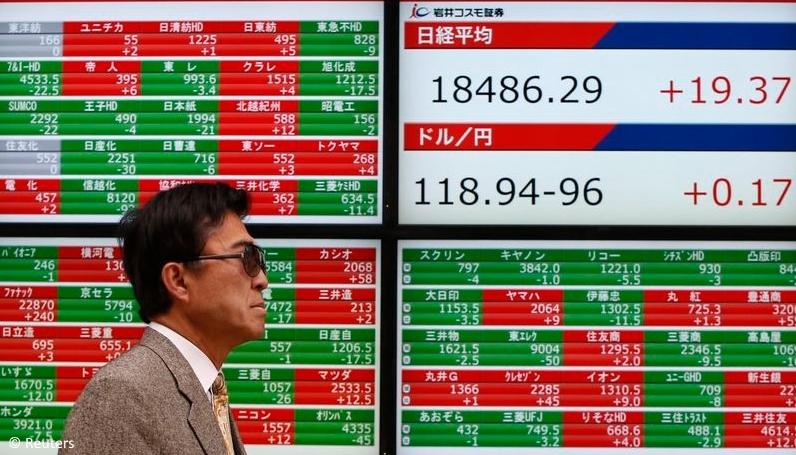Asian indices fell sharply in the middle of the week
Asian stocks posted sharp losses on Wednesday following a similar decline on Wall Street after higher-than-expected US inflation data signaled a sharper Fed interest rate hike.
Hong Kong’s high-tech Hang Seng index was the underdog of its regional peers, down 2.7%. Taiwan’s weighted index shed 1.6%, while Japan’s Nikkei 225 slipped 2.1%.
Regional indexes followed sharp losses yesterday on Wall Street after the US consumer price index for August came in above expectations. Big Tech stocks were hit the hardest as investors expected weaker earnings in the sector due to a stronger dollar and higher interest rates.
CPI data showed that the Federal Reserve is likely to continue raising interest rates at a sharp pace this year to fight inflation – a scenario that is negative for stock indices.
Traders are now assessing the high likelihood that the Fed will raise rates by 75 basis points next week, and the likelihood that the US interest rate will end the year at more than 4%.
The market has also started evaluating the possibility of a 1% Fed rate hike next week.
“External conditions, including the European energy crisis, a slowdown in the Chinese economy and a stronger dollar, coupled with continued domestic interest rate hikes and a slowdown in the housing market, raise fears of growth at the end of the year,” ING analysts wrote in a note.
China’s blue-chip Shanghai Shenzhen CSI 300 fell 1.1%, while the Shanghai Composite lost 0.8%. A Reuters report says the US is considering new sanctions against Beijing to deter a potential invasion of Taiwan, and Taipei is seeking similar action from the European Union.
Potential US sanctions would exacerbate the ongoing economic downturn in the world’s second-largest economy following a series of COVID-19-related restrictions this year.
Weakness in the Chinese market and rising interest rates have pushed most Asian stocks down this year, and this pressure will continue through the end of 2022.
Most Asian economies are also struggling with high inflation, exacerbated by the strength of the US dollar.




